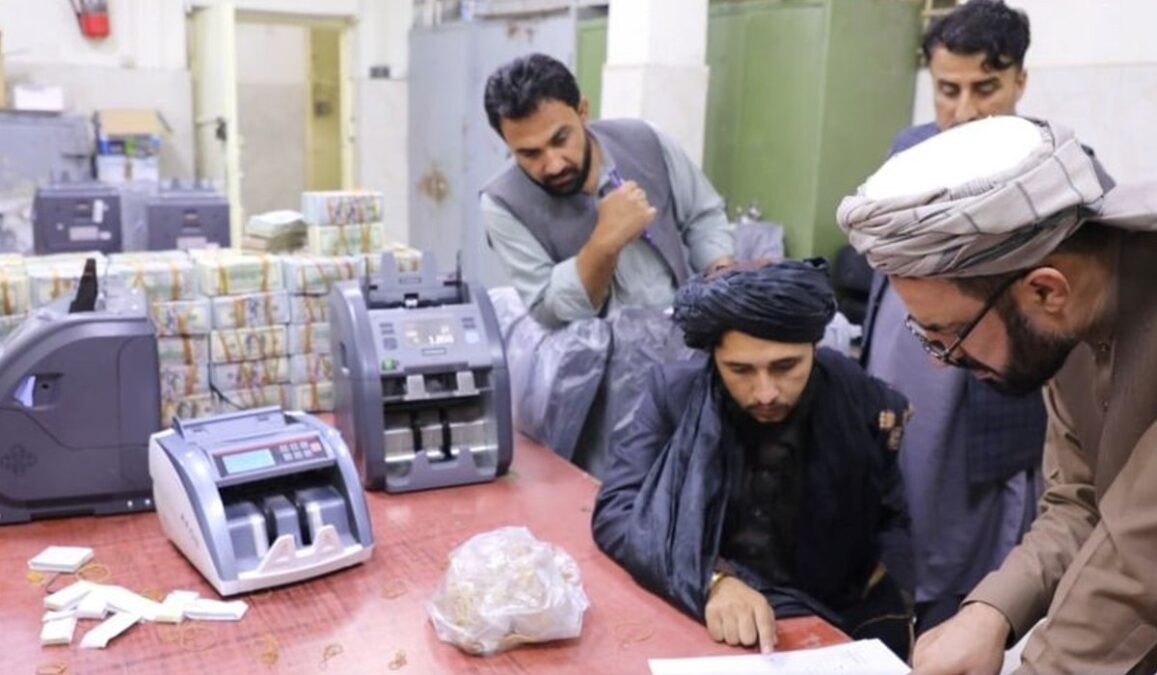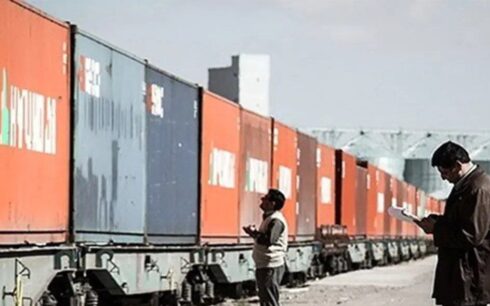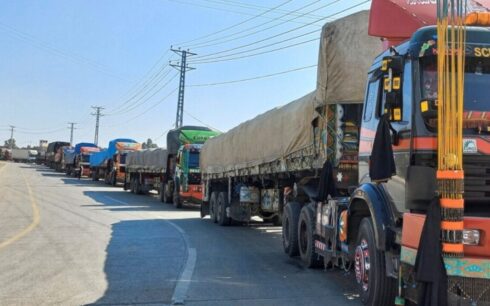Analysts say the major change in the country’s political and economic spheres over the past 15 months has “enormously” impacted Afghanistan’s banking system, leaving it hamstrung by restrictions in dealings, international transactions and providing normal services.
In the days leading up to and immediately after the collapse of the former government, tens of thousands of people flocked to the banks to withdraw their savings. Banks then ran dry of cash and have subsequently been unable to conduct most normal services including international transactions.
Figures by the former leadership of the central bank, under the previous government, show at least $3.8 billion was held in cash in private banks from deposits by account holders before the fall of the republic.
One analyst, Siyar Quraishi, said it is estimated however, that the amount has since dropped to $1.8 billion.
The figures also show that the total value of bank assets was $4.1 billion, while at least $550 million was owed to banks in the form of debt by companies.
Twelve banks, including three state-owned institutions, seven private banks and two branches of international banks were operating in the country ahead of the fall of Kabul.
“People withdrew their savings after the political changes in Afghanistan and they are not willing to put back their assets in banks,” he said.
In addition, he said, the repayment of debt system has also stopped completely under the current regime. This accounted for at least 90 percent of the banking sector’s income.
Another analyst in economic affairs, Lal Zazai, said he suggests action is needed to normalize the banking system in the country.
“Banks are like veins of the economy of a country and if disrupted, it will leave a big impact on trade and imports because international transactions are affected,” he added.
The business community said the banking system has almost been paralyzed.
Haroon Azim, head of Cinderella International Group, a logistics and construction firm, agreed and said the banking system is “totally paralyzed.”
“I as a businessman cannot do any deal through the bank. The banking system in Afghanistan has been damaged after the ban on Taliban. Meanwhile, many deposits by the people are stuck in banks and this has added to our problems,” he said.
According to him, the situation has left a gap between investment and investors in Afghanistan and has negatively affected investors’ interest.
International transactions are also restricted. An Afghan living in Denmark, Safiullah, said he wanted to send money to his family, but he couldn’t do it through banks.





